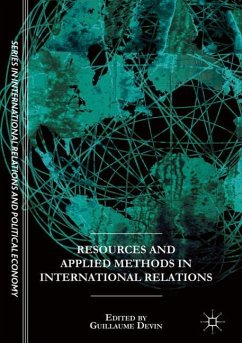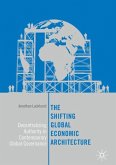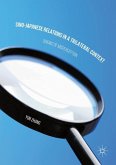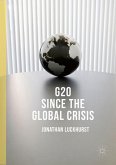This book constitutes an up-to-date methodology reference work for International Relations (IR) scholars and students. The study of IR calls for the use of multiple and various tools to try and describe international phenomena, analyze and understand them, compare them, interpret them, and try to offer theoretical approaches. In a nutshell, doing research in IR requires both tools and methods-from the use of archives to the translation of results through mapping, from conducting interviews to analyzing quantitative data, from constituting a corpus to the always touchy interpretation of images and discourses. This volume assembles twenty young researchers and professors in the field of IR and political science to discuss numerous rich and thoroughly explained case studies. Merging traditional political science approaches with methods borrowed from sociology and history, it offers a clear and instructive synthesis of the main resources and applied methods to study International Relations.
Bitte wählen Sie Ihr Anliegen aus.
Rechnungen
Retourenschein anfordern
Bestellstatus
Storno









